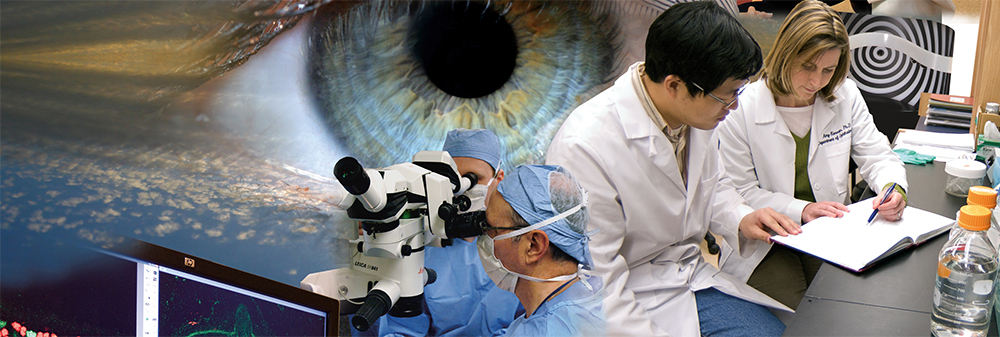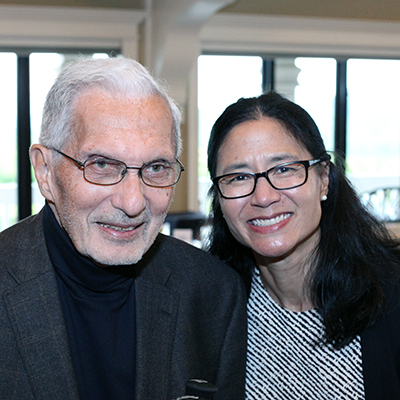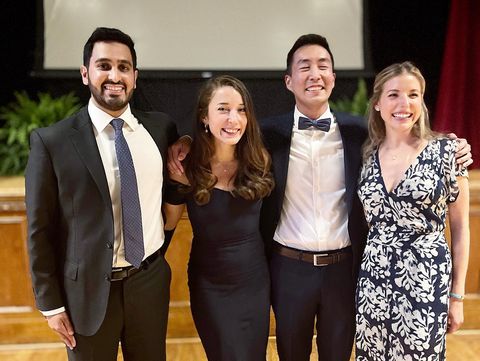Feldon named Hoyt Lecturer
FEI professor of ophthalmology and University of Rochester Medical Center Director of Biomedical Research Development Steven Feldon, MD, was selected by the American Academy of Ophthalmology and the North-American Neuro-Ophthalmological Society (NANOS) to deliver the 2022 William F. Hoyt Lecture at the Academy’s annual meeting in Chicago.
According to the NANOS website, The Hoyt Lectureship is to be awarded for lifetime clinical or research contributions to the field of neuro-ophthalmology and/or unselfish service to neuro-ophthalmology. Additional considerations may be the candidate's renown as a lecturer and/or as an educator in neuro-ophthalmology.
The honor, among the highest one can receive in ophthalmology, recognizes Feldon on all counts. It spotlights his career as one of the leading clinician-scientists in the field of thyroid eye disease, as the former President of NANOS, and as a consummate educator whose protégées have gone onto careers in neuro-ophthalmology and other specialties.
“I feel privileged to join the rolls of those who have delivered previous Hoyt Lectures,” Feldon said. “Though I remain active in research and education in neuro-ophthalmology, I have recently curtailed my clinical activities to focus on the University’s translational research enterprise, so this kind of lecture is a capstone opportunity for me.”
Feldon said that his presentation will be about the superior colliculus, a structure in the brain involved in vision that he described as “completely ignored by neuro-ophthalmologists.” It was the subject of his first foray into vision research, done during his undergraduate studies at UCLA and was a springboard for his interest in ophthalmology.
“I think it’s kind of fitting to conclude my clinical career speaking about the topic that started it all,” Feldon continued. “As clinical neuro-ophthalmologists, we don’t know much about what happens when you lose your superior colliculus. But as it turns out, it is really important in normal vision and also in central nervous system disorders. I see this as a fun opportunity to leave my current colleagues, and those to come, with a new challenge to consider.”
Stephen Kofron | 9/7/2022




